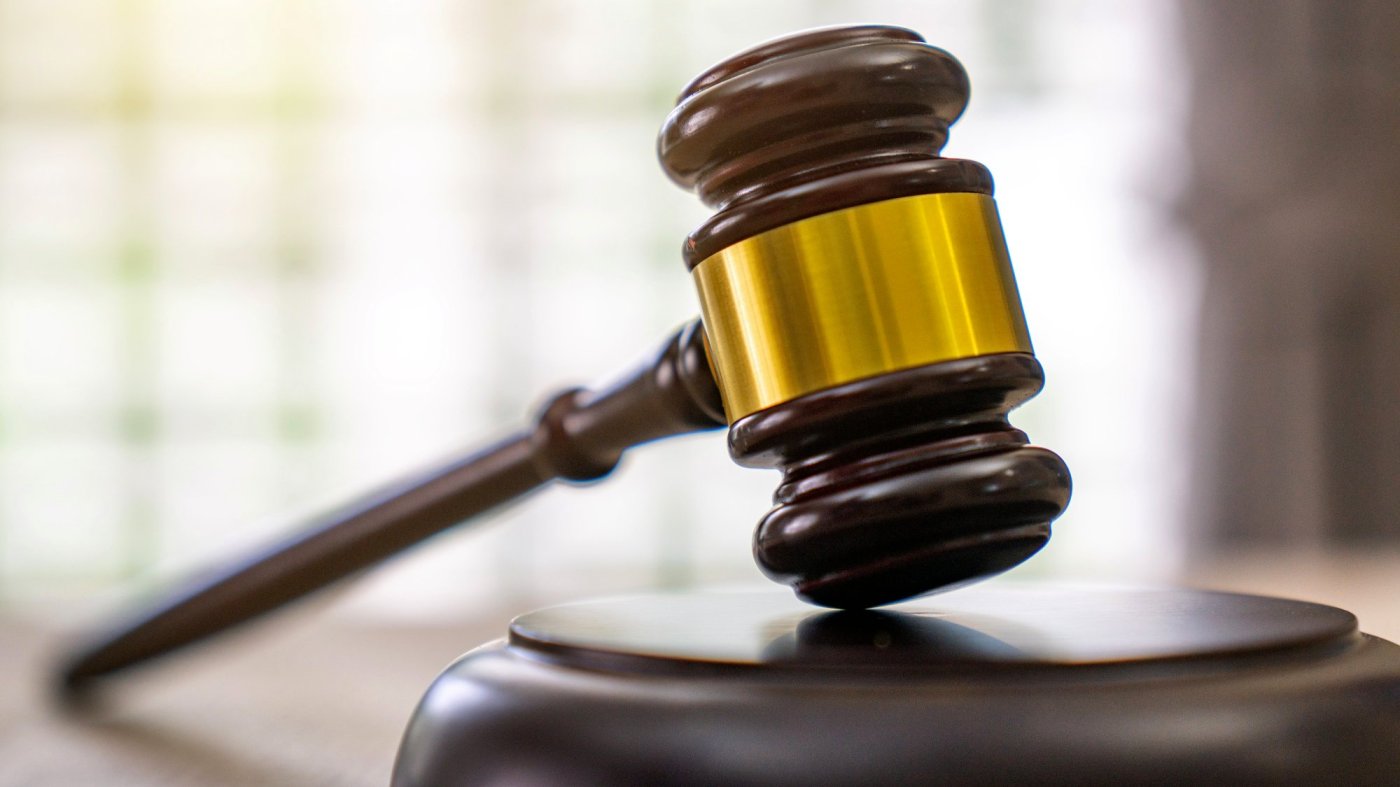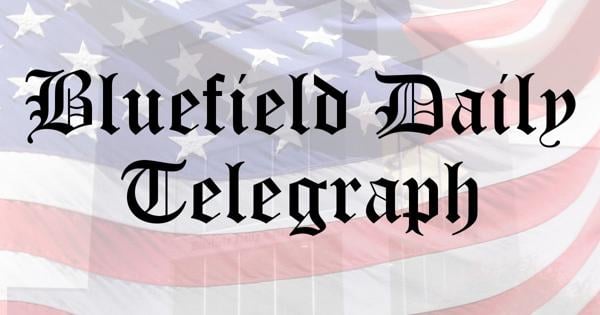In a notable legal battle concerning First Amendment rights, U.S. District Judge Mark Walker is reviewing a case involving biologist Brittney Brown, who was dismissed from her position with the Florida Fish and Wildlife Conservation Commission (FWC) following a controversial social media post. Brown’s termination on September 15, 2023, came just five days after the murder of conservative activist Charlie Kirk, during an event at a university in Utah.
Brown contends that her firing violated her First Amendment rights. Her attorneys argue that the post, shared on her personal Instagram account, was a political statement expressing her views on a significant public issue. The post was a repost of a message from the account “@whalefact,” which commented on Kirk’s death in a manner that criticized his stance on gun violence. The lawsuit claims that the termination was an infringement on her rights to free speech.
During the hearing, attorneys for the FWC defended the decision to terminate Brown’s employment. They asserted that the agency acted to “prevent foreseeable disruption, reputational harm, and loss of public trust.” Executive Director Roger Young and Division Director Melissa Tucker were named in the lawsuit, with their legal representatives emphasizing that the agency did not suppress ideology but rather sought to maintain its credibility.
Judge Walker heard arguments regarding Brown’s request for a preliminary injunction to be reinstated and to prevent further retaliation. Brown’s attorney, Gary Edinger, contended that her repost was a protected expression made in her personal time, addressing a matter of public concern. He urged the judge to consider the context of ongoing national debates about gun control.
The state’s attorney, Taylor Greene, argued that the FWC faced “hundreds of complaints” in response to Brown’s post. Greene asserted that allowing Brown to remain employed would disrupt the agency’s operations and erode public trust. Walker questioned whether Brown’s repost could be seen as part of a larger, important debate on gun control, suggesting that the First Amendment protects controversial speech.
Walker indicated that the burden of proof lies with Edinger to demonstrate that Brown’s continued employment would not negatively impact the agency. He pointed to the timing of Brown’s firing, which occurred shortly after her post was highlighted by the conservative account Libs of TikTok, prompting public calls for her dismissal. Walker noted the “deeply disturbing facts” surrounding the case but expressed concerns about the strength of the evidence regarding Brown’s free speech rights.
Edinger argued that the public reaction to Brown’s post was merely a transient event and not a valid reason for her termination. He described the rapid spread of information on social media as a common occurrence, suggesting that the agency should not use public backlash as justification for dismissing an employee.
A key point of contention during the hearing was the notion of a “heckler’s veto,” which refers to the situation where government officials silence employees due to fear of public backlash. The state’s attorneys contended that this concept did not apply in Brown’s situation. They emphasized that the First Amendment does not protect public employees from consequences arising from speech that could undermine their agency’s effectiveness or credibility.
In a brief filed just before the hearing, Brown’s lawyers described her comments as “civic commentary on a matter of public concern.” They noted that Kirk’s legacy is a contentious topic, particularly in light of ongoing discussions surrounding gun violence in the United States.
While Judge Walker did not issue an immediate ruling, he indicated his intent to expedite the proceedings. This case is part of a broader trend, with various agencies and organizations responding to criticism of Kirk following his assassination.
After the hearing, Edinger shared that he has been approached by other government employees who have faced similar consequences for comments made about Kirk. He expressed concern over the unprecedented nature of such responses and maintained that the situation is highly unusual in the context of public employment.
Edinger remains optimistic that Walker will ultimately rule in favor of Brown, even if the judge does not grant the preliminary injunction for her reinstatement. He believes that a ruling in Brown’s favor would reinforce the principle that the government must respect diverse opinions among its employees, highlighting the importance of free expression in a democratic society.







